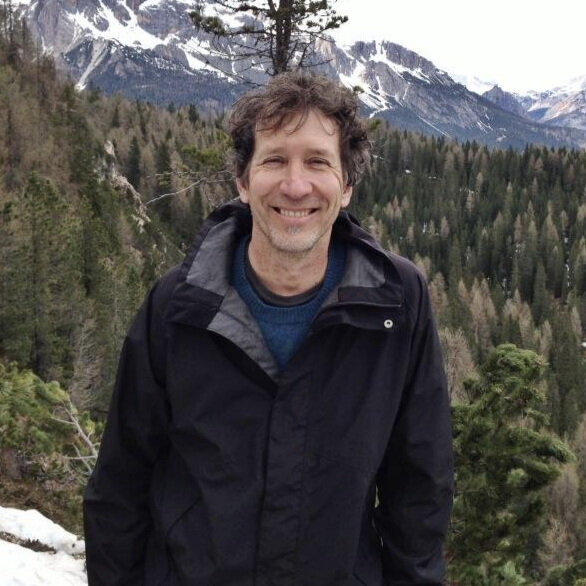
About Us
Board of Directors
Thomas Dietz, PhD is a Professor of Sociology and Environmental Science and Policy at Michigan State University. At the National Research Council he has served on many panels including as chair of the U.S. National Research Council Committee on Human Dimensions of Global Change, the Panel on Public Participation in Environmental Assessment and Decision Making, and as vice chair of the Panel on Advancing the Science of Climate Change of the America’s Climate Choices study.
Steve Fischbach is currently the Litigation Director for the Virginia Poverty Law Center, the state support center for all Legal Aid programs in Virginia. Before moving to Virginia Steve worked for 30 years at Rhode Island Legal Services, pioneering the practice of Community Lawyering in a legal services setting. His legal experience spans a variety of racial justice issues, including environmental justice, community reinvestment and disinvestment, urban school reform, siting of low income housing and facilities for the homeless and preservation of public and subsidized housing units. His environmental justice work includes litigation and research and development of policies related to the siting of schools relative to environmental hazards such as toxic waste sites. Steve received his undergraduate degree from Brandeis University and his law degree from Boston University Law School.
Linda Kalof, PhD, is a Professor of Sociology and Founding Director of the graduate specialization in Animal Studies at Michigan State University. Her research interests include the cultural representations of animals and the history of animal iconography. She has served on the National Academy of Sciences’ National Research Council Review of the Bureau of Land Management’s Wild Horse and Burro Management Program.
Ingrid K. Shockey, PhD, is an Associate Teaching Professor in Worcester Polytechnic Institute’s School of Global Studies. Ingrid Shockey is an environmental sociologist whose work concerns natural literacy and the interplay of human-wilderness relationships. These domains include topics in biodiversity loss, climate change perceptions, and our sense of place and identity with respect to the landscape. Her work has focused most recently on mountain ecologies and economies in the western Himalaya.
Paul C. Stern, PhD, is president of the Social and Environmental Research Institute. Previously, he worked as principal staff officer at the U.S. National Academy of Sciences, Engineering, and Medicine with the Advisory Committee to the U.S. Global Change Research Program and the Board on Environmental Change and Society. His research interest in the determinants of environmentally significant behavior contributed to the coauthored textbook Environmental Problems and Human Behavior (2nd ed., 2002) and coeditorship of numerous National Academies reports. A coauthored 2016 paper, “Opportunities and insights for reducing fossil fuel consumption by households and organizations,” appeared in Nature Energy. He holds a B.A. from Amherst College and an M.A. and Ph.D. from Clark University, all in psychology.
Seth P. Tuler, PhD, is an Associate Professor in the Global School, Worcester Polytechnic Institute. His research focuses on public participation, risk communication, risk governance, and developing tools to characterize human impacts and vulnerabilities to risk events in a wide range of policy arenas, including climate change adaptation planning, nuclear waste management, renewable energy facility siting, clean-up of contaminated sites, and marine oil spill response. Since 1996 he has provided technical assistance to communities, advised Federal Agencies, and conducted research on nuclear waste management and clean-up of contaminated sites part of the US nuclear weapons complex. He has served on multiple committees of the National Academies of Science on transportation of spent nuclear fuel and the program to destroy the US chemical weapons stockpile.
Thomas Webler, PhD, is an Associate Professor of Environmental Studies at Keene State College. His research specializes scholarship focuses on bringing local and expert knowledge together in collaborative, democratic ways to produce innovative solutions to controversial problems, particularly around problems of energy, sustainability, and climate change. He was a consultant to a U.S. National Research Council committee studying risk communication. That committee published a report titled: Understanding Risk: Informing decisions in a democratic society. For two years he served on a US National Research Council committee on the disposal of chemical weapons.







